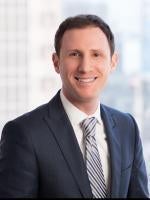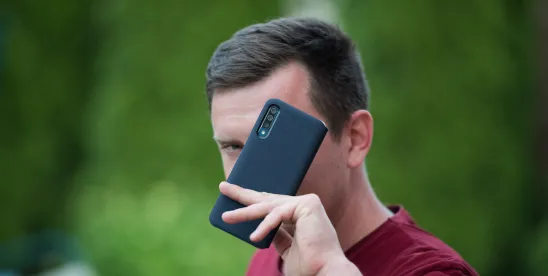It can fairly be said that the statutory definition of “automatic telephone dialing system” (“ATDS”) has generated far more questions than answers—for courts and litigants alike. This is especially true in the wake of ACA International v. FCC, 885 F.3d 687 (D.C. Cir. 2018), where the D.C. Circuit set aside the FCC’s sweeping interpretation of the ATDS definition, and thus handed the baton back to the Commission to provide guidance on what is (and is not) an ATDS. But almost two years later, the FCC has yet to issue its ruling.
In the many TCPA cases that turn on the definition of ATDS, defendants may wish to file a motion to stay the action so that the court can await guidance from the FCC’s anticipated ruling on this issue. Indeed, over the course of the last year, multiple federal judges, at least in Florida, have been willing to grant such motions, particularly because the ATDS definition is also center stage in an appeal pending before the Eleventh Circuit. See Glasser v. Hilton Grand Vacations Co., LLC, No. 18-14499 (11th Cir. filed Oct. 24, 2018).
Most recently, on January 2, 2020, the U.S. District Court for the Southern District of Florida granted a motion to stay in a putative class action where plaintiffs alleged that the defendants were vicariously liable for telemarketing calls made without prior express written consent. See Barnes, et al. v. CS Marketing LLC, et al., No. 19-24218, 2020 WL 30373 (S.D. Fla. Jan. 2, 2020). Relying on its inherent power to control its docket, the court stayed the action pending the forthcoming FCC ruling and also the Eleventh Circuit’s decision in Glasser. The court noted that Plaintiffs could only succeed if Defendants placed the calls using an ATDS. Thus, the court reasoned, it would be prudent to defer resolution of this threshold issue. As to the FCC’s ruling, the court noted that the public comment period had closed, and the ruling is “expected to be forthcoming.” Regarding Glasser, the court observed that oral argument occurred in December 2019, and the Eleventh Circuit’s decision could have an impact given that it will review a summary judgment order finding that the defendant’s dialing system was not an ATDS. The Barnes court further reasoned:
[I]f the FCC adopts a definition that provides . . . that to be an ATDS, equipment must (a) use a random or sequential number generator to store or produce numbers and dial those numbers without human intervention, or (b) that predictive dialers do not meet the statutory ATDS definition, that decision will bind the Court and may require dismissal or summary judgment in Defendants’ favor. . . . The calls . . . were all made to telephone numbers provided by the Plaintiffs on [the alleged caller’s] website rather than from any random or sequential lists generated by [the caller’s] dialer; if such calls are not deemed a violation of the TCPA, the case will be over. . . . The parties and the Court would certainly benefit from a clarification of the definition of an ATDS.
Id. at *3.
The Barnes court also based its decision, in part, on the fact that it was not writing on a blank slate. Three other judges in the same District had recently stayed similar TCPA suits while awaiting the FCC’s ruling. See Reyes v. BCA Financial Services, Inc., No. 16-24077 (S.D. Fla.), Dkt. No. 200; Secure v. Ultimate Fitness Group, LLC, No. 18-20483 (S.D. Fla.), Dkt. No. 64; Buhr v. ADT, Inc., No. 18-80605 (S.D. Fla.), Dkt. No. 40. Indeed, the same judge in Barnes had also issued a similar order last year in Wijesinha v. Bluegreen Vacations Limited, Inc., No. 19-20073 (S.D. Fla.), Dkt. No. 81, where it issued a stay also to await both the FCC ruling and the outcome in Glasser.
These cases provide useful illustrations of how a temporary stay can conserve party and judicial resources and avoid resolution of a threshold issue before having the benefit of anticipated regulatory and/or appellate guidance. Because the ATDS issue is central to so many TCPA cases, we expect to see other stay orders follow suit in the wake of Barnes, certainly within the Eleventh Circuit—and perhaps elsewhere too.





 />i
/>i
